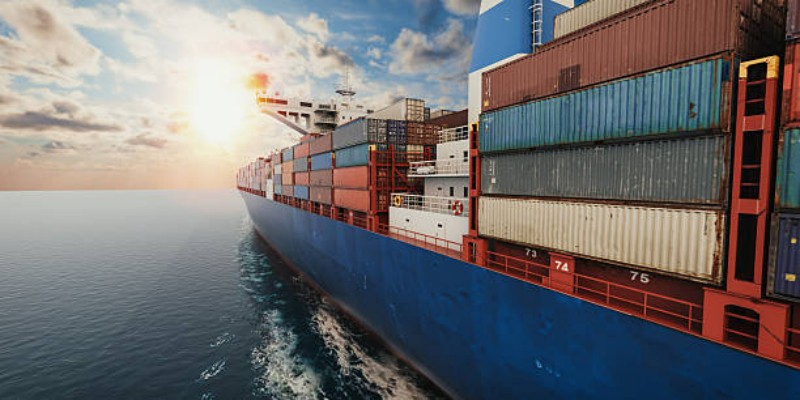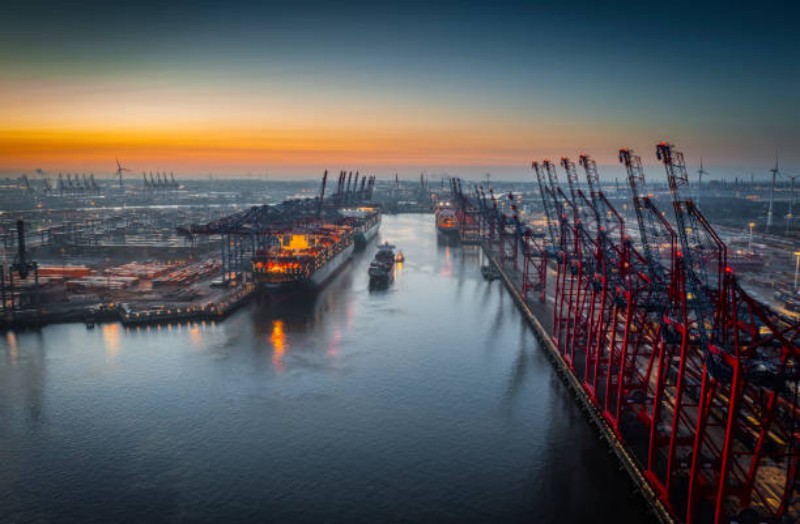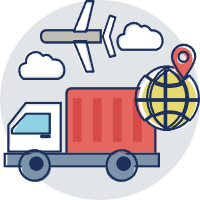Efficient supply chain management is more critical than ever in today’s fast-paced global trade environment. Choosing a reliable freight forwarding partner can save your business time, reduce costs, and minimize risks. But with so many options available, how can you pick the right logistics partner? This guide explores the key factors businesses should consider when selecting a professional freight forwarder.

1. Comprehensive Services and Expertise
A top-tier freight forwarder offers more than just shipping—they provide a full suite of logistics services. These may include:
International shipping via sea, air, and land
Warehousing and distribution management
Customs clearance support and regulatory guidance
Cargo tracking and reporting
By choosing a partner that covers the entire supply chain, your business can achieve supply chain optimization, reduce delays, and improve operational efficiency. For cross-border shipments, professional customs clearance ensures compliance and smooth delivery.
2. Proven Experience and Industry Reputation
Experience matters when it comes to handling complex shipments. Look for a freight forwarder with:
Extensive experience in your industry
Verified client success stories and testimonials
Relevant certifications or membership in logistics associations
A trusted partner can offer tailored solutions, ensuring your cargo reaches its destination safely and on time, even in challenging situations.

3. Transparent Pricing and Cost Control
Understanding logistics costs is crucial for budgeting and financial planning. Professional freight forwarders provide:
Clear, itemized quotes with no hidden fees
Multiple shipping options to balance cost and speed
Defined insurance coverage and claims procedures
By working with a forwarder who emphasizes transparency, your business can achieve cost-effective operations without compromising service quality.

4. Advanced Technology and Real-Time Tracking
Modern logistics relies on technology. Leading freight forwarders provide real-time tracking, shipment visibility, and reporting tools, allowing businesses to:
Monitor cargo status at every stage
Access online platforms or EDI (Electronic Data Interchange) systems
Generate performance reports for better decision-making
With enhanced visibility, you can manage your supply chain proactively, reduce communication gaps, and prevent unexpected delays.

5. Responsive Customer Support
Even with the best planning, logistics can encounter unexpected challenges. A professional freight forwarder offers responsive customer service to resolve issues quickly:
Rapid response times and professional support teams
24/7 emergency assistance for urgent shipments
Dedicated account managers for complex or high-volume orders
Reliable support ensures your cargo is handled efficiently and reduces stress during critical operations.
6. Compliance and Risk Management
International shipping involves tariffs, regulations, and legal requirements. A competent freight forwarder helps you:
Navigate import/export regulations
Prepare accurate customs documentation
Mitigate legal and financial risks
Choosing a partner familiar with compliance ensures smoother operations and protects your business from costly mistakes.
7. Flexibility and Scalable Solutions
Business needs evolve, and your logistics partner should adapt accordingly. Look for:
Customizable shipping solutions for changing volumes
Specialized handling for unique cargo types, such as hazardous or temperature-sensitive goods
Dedicated support for scaling operations
A flexible freight forwarder helps your business stay agile and maintain efficiency during growth or market fluctuations
✅ Conclusion
Selecting a professional freight forwarding partner is a strategic decision that can significantly impact your supply chain optimization and international shipping efficiency. Businesses should evaluate service scope, experience, pricing transparency, technology capabilities, customer support, compliance expertise, and flexibility.
By partnering with a reliable logistics provider, your business gains not only operational efficiency and cost savings but also a competitive advantage in the global marketplace. Choosing the right freight forwarder is more than just outsourcing shipping—it’s a strategic investment in your company’s future success.




















